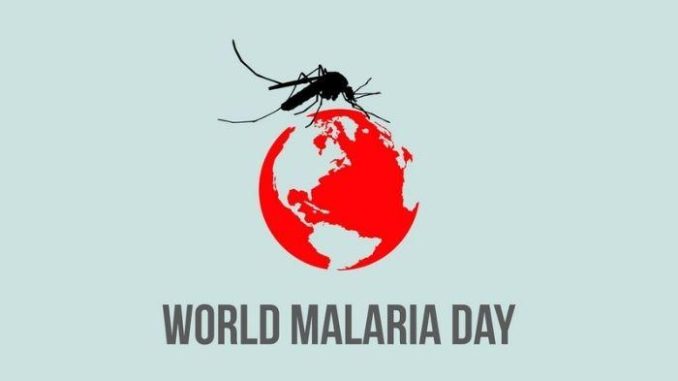
The international community recently marked the World Malaria Day to raise awareness about the global burden of malaria and to advocate for intensified efforts to control and eliminate the disease. Malaria is a life-threatening disease caused by the Plasmodium parasite, which is transmitted to humans through the bites of infected mosquitoes. It is a major public health problem in many countries, particularly in sub-Saharan Africa, where it is responsible for a significant number of deaths every year.
Malaria is a mosquito-borne disease that affects vertebrates. Human malaria causes symptoms that typically include fever, fatigue, vomiting, and headaches. In severe cases, it can cause jaundice, seizures, coma, or death. Symptoms usually begin 10 to 15 days after being bitten by an infected Anopheles mosquito. If not properly treated, people may have recurrences of the disease months later.
Malaria is endemic in Nigeria and is a leading cause of death among children under five, with an estimated 95,000 annual child deaths. In 2021, Nigeria had an estimated 68 million cases and 194,000 deaths due to malaria. The country has implemented several initiatives to tackle this disease, such as the National Malaria Strategic Plan (NMSP), established in 2013. This strategic plan was meant to run for seven years, from 2014 to 2020.
Nigeria has another malaria strategic plan for 2021–2025. The current strategic plan aims to lower malaria deaths to less than 50 per 1000 births and achieve a parasite prevalence of less than 10% by 2025. Aside from NMSP 2021–2025, Nigeria inaugurated the Nigeria End Malaria Council (NEMC) on August 20, 2022, to reaffirm its commitment to eradicating malaria. The council was established to support the National Malaria Elimination Program (NMEP) to achieve the malaria eradication goal by 2030.
In addition, Nigeria’s recent approval of the R21 malaria vaccine on April 17, 2023, aligns with its ongoing efforts to eliminate malaria. It will also serve as the alternative for the RTS, S vaccine that may not be available to Nigeria due to limited manufacturing capacity and low funding. The R21 vaccine demonstrated up to 80% efficacy in preventing malaria in children during early trials, a crucial step in reducing the country’s high malaria-related death toll. However, challenges persist in delivering the vaccine to remote and underprivileged areas due to a deficient healthcare network. The R21 vaccine’s potential to induce strong malaria-specific antibodies offers hope for more effective protection than existing solutions.
The impact of malaria on Nigeria’s economy is also significant, with the disease accounting for an estimated 11 per cent of the country’s healthcare expenditure and 30 per cent of its outpatient visits. This has a knock-on effect on productivity, as individuals affected by malaria are often unable to work or perform daily activities.
Despite the efforts of the Nigerian government and international organisations to control and eliminate malaria, progress has been slow. The challenges include inadequate funding, weak healthcare systems, and resistance to antimalarial drugs and insecticides.
Based on this, we feel persuaded to call on the federal government to renew its commitment to eliminating malaria in the country. This requires a multi-faceted approach that includes increased funding for malaria control programmes, improved access to healthcare and preventive measures, and the development of new and innovative tools for malaria prevention and treatment.
It is also essential that we continue to raise awareness about the impact of malaria on individuals, communities, and economies. This includes educating the public about the importance of using mosquito nets, seeking prompt medical attention for suspected cases of malaria, and participating in malaria control programs.
Again, we recognise the importance of collaboration and partnership in the fight against malaria. This includes working with governments, international organisations, NGOs, and local communities to develop and implement effective malaria control strategies.
World Malaria Day provides the Nigerian government an opportunity to reflect on the progress made in the fight against malaria and to recommit to eliminating this devastating disease. Let us work together to ensure that every individual, regardless of their location or socio-economic status, has access to the tools and resources necessary to prevent and treat malaria. Only then can we achieve a malaria-free Nigeria and a malaria-free world.
Leave a Reply